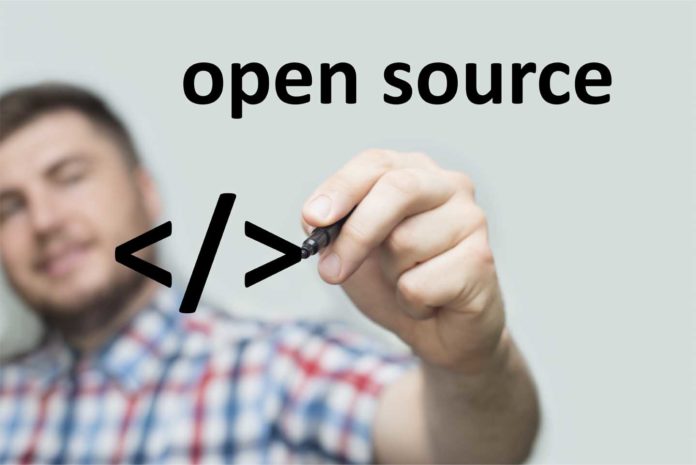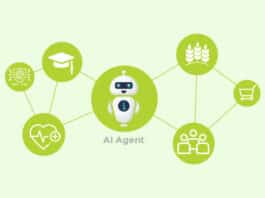Companies have been rapidly adopting open source as a technology in recent years. Recruiters, on the other hand, continue to struggle to find the proper talent. According to the current 2021 Open Source Jobs Report by the Linux Foundation and EdX, 92 percent of hiring managers have reported problems locating open source talent, with 97 percent of recruiting managers noting that hiring open source talent is a priority.
To take advantage of open source technologies’ enormous potential, IT professionals must seek the appropriate credentials in order to establish a solid career in this field. Let’s take a look at some of the certifications available to professionals.
The Linux Foundation’s credentials will help you get a head start on a career in Linux Kernel Internals and Development, Developing Applications for Linux, Developing Linux Device Drivers, and other related fields. Here are a few certifications offered by the Linux Foundation that you should look into:
Developing Linux Applications (LFD401)
This is for seasoned developers who are familiar with fundamental Linux utilities and text editors and are proficient in C programming. Students will learn about the tools and methods for producing C programmes and systems programming under Linux in this course. Debugging approaches, process management, Linux-specific paid and system calls, and other topics will be covered.
Refer here for more details.
Linux Kernel Internals and Development (LFD420)
Experienced programmers will gain a thorough understanding of the Linux kernel. Students must be familiar with the C programming language as well as fundamental Linux (UNIX) utilities in order to enrol in this course (ls, grep and tar). They should also be familiar with the various text editors available (.emacs, vi, etc.). This course will teach students how Linux is designed, how kernel algorithms function, hardware and memory management, and how to interact effectively with the kernel developer community, among other topics.
Refer here for more details.
Linux Kernel Debugging and Security (LFD440)
It’s for experienced developers who wish to learn about the Linux kernel’s methodologies and internal infrastructure. It includes hands-on exercises and demos that provide the tools needed to write and debug Linux kernel code.
Refer here for more details.
OpenShift Administration Red Hat Certified Specialist
A Red Hat Certified Specialist in OpenShift Administration, according to Red Hat, will have the skills, knowledge, and ability to develop, administer, and manage a cloud application platform using Red HatOpenShift. They’ll be able to manage users and policies, control resource access, create and manage apps, and setup cluster scaling, among other things.
System administrators or developers who want to demonstrate their OpenShift Container Platform skills, as well as site reliability engineers who work in a DevOps environment and want to demonstrate their capabilities with Red Hat OpenShift Container Platform, may be interested in becoming a Red Hat Certified Specialist in OpenShift Administration, according to Red Hat.
Red Hat suggests taking the Red Hat OpenShift I: Containers & Kubernetes (DO180) and Red Hat OpenShift Administration II: Operating a Production Kubernetes Cluster (DO280) courses to become a Red Hat Certified Specialist in OpenShift Administration.
Refer here for more details.
Artifactory DevOps Certification by JFrog
This certification is for DevOps engineers who want to learn how to use Artifactory to handle binary repositories, security, and CI/CD pipelines. Professionals will be able to demonstrate their knowledge in DevOps technique after getting this certification, which will help them advance their careers. It is intended for DevOps engineers with a basic understanding of JFrog Artifactory, binary repository management, and continuous integration and delivery pipelines.
The skills and abilities required for this certification, according to the company, include describing key JFrog Artifactory features, configuring local, virtual, and remote repositories in Artifactory, automating tasks in Artifactory using the REST API and the JFrog CLI, integrating CI servers with Artifactory, managing metadata and properties in Artifactory, and troubleshooting common issues and logs.
Refer here for more details.
Database Administrator Certification, Developer Certification by MongoDB
MongoDB claims that once a person is MongoDB Certified, they will have access to the MongoDB Certified Professionals Finder, which is where businesses go to find their top candidates.
Both of these certifications require general coding expertise, as well as fundamental database principles, system programming, basic JavaScript programming, and software development foundations.
Refer here for more details.




